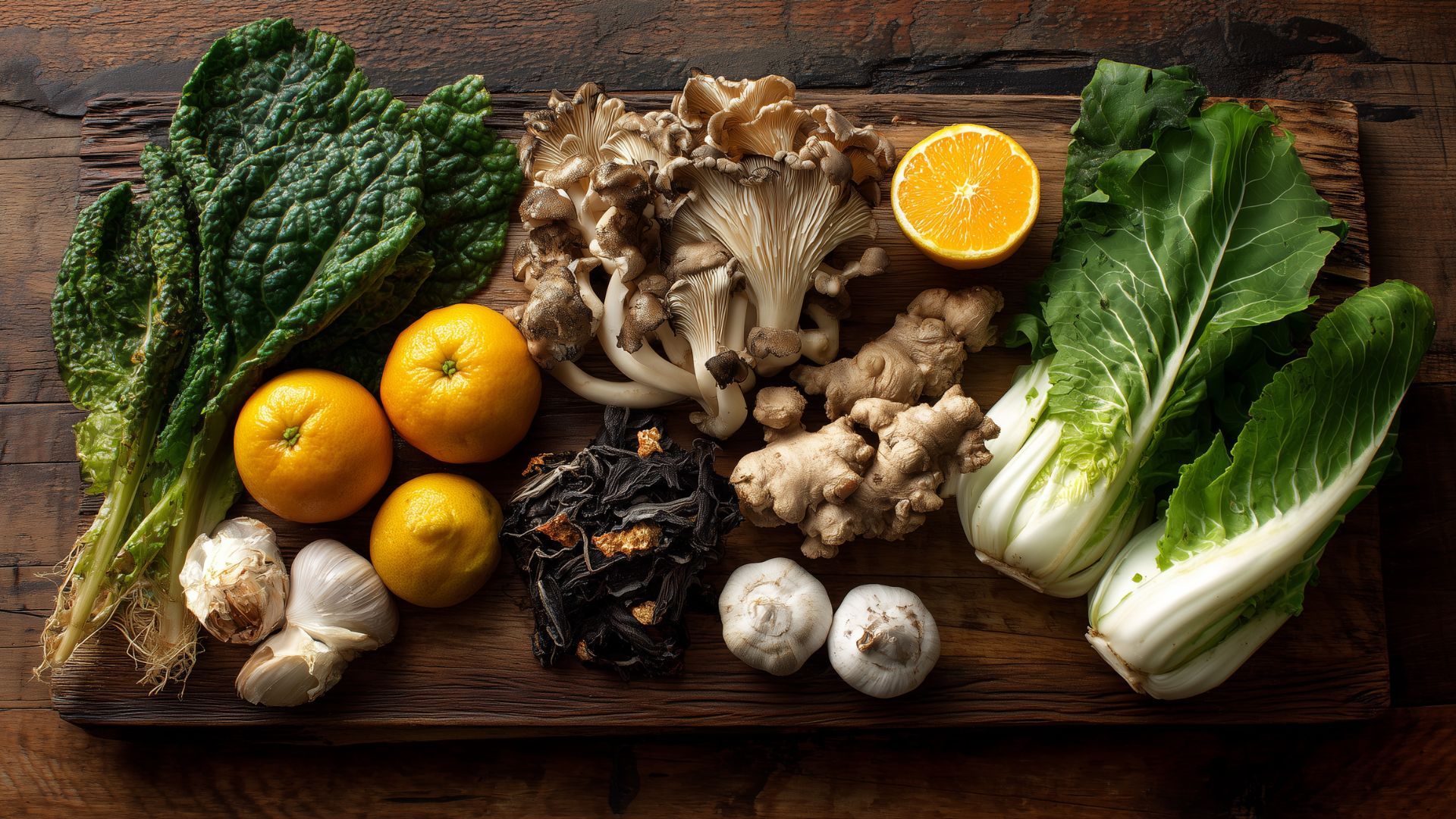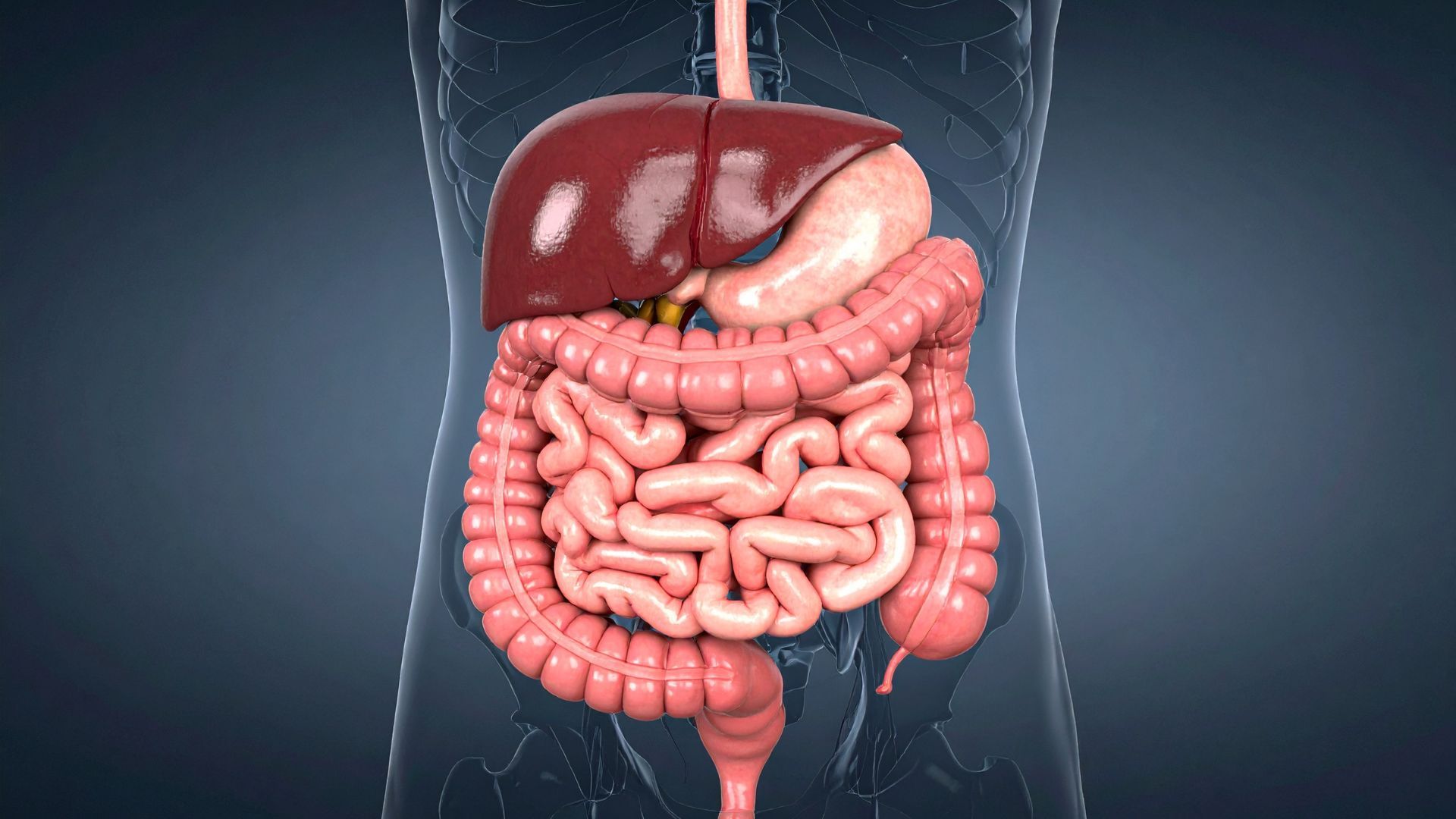Nutritionist, Dietitian or Coach — What’s the Real Difference?
Nov 07, 2025
If you’ve ever tried to Google “how to become a nutritionist” or “what’s the difference between a dietitian and a nutrition coach”, you’ll know how quickly the results get confusing.
There are overlapping job titles, different legal definitions in different countries, and an endless list of online nutrition courses promising to make you an expert overnight.
Before you invest time, money, and passion into studying nutrition, it’s worth understanding the real distinctions between these titles. Not only does this clarity help you choose the right qualification, but it also shapes your future scope of practice and credibility.
What a dietitian actually does
A dietitian is a regulated health professional who typically holds a university degree in dietetics or nutrition science and is registered with a national regulatory body. Their training is rooted in clinical and medical nutrition — the science of how food interacts with disease, metabolism, and recovery.
Dietitians work in hospitals, public health, and clinical settings. They may create nutrition plans for patients with diabetes, digestive disorders, or cancer, and are often part of multidisciplinary medical teams. Because of their clinical role, dietitians are licensed to diagnose and treat medical conditions through nutrition — something that other titles cannot legally claim.
If you love science, research, and the idea of working in healthcare, becoming a dietitian is a powerful path. But for many people, the time and cost of a university degree make this route less accessible. That’s where the nutritionist and nutrition coach roles come in.
What a nutritionist does
The term nutritionist varies in meaning across countries. In some regions it’s a protected title — meaning you need specific credentials to use it — while in others it’s more flexible, referring broadly to anyone trained in food and nutrition.
Generally speaking, a qualified nutritionist focuses on preventive health, wellness education, and the promotion of balanced eating habits. They work in areas such as:
-
Corporate wellness and public health education
-
Private consulting and community outreach
-
Food industry and product development
-
Research or nutrition communication
Nutritionists help clients understand the principles of healthy eating and design lifestyle strategies that improve energy, mood, and overall wellbeing. They’re not medical practitioners, but their work complements the healthcare system by focusing on prevention rather than treatment.
To become a professional nutritionist, you’ll usually need an accredited qualification—either a degree or an advanced diploma in nutrition science that covers physiology, metabolism, and applied nutrition.
What a nutrition coach does
The nutrition coach role is the newest and fastest-growing in the wellness industry. It sits between nutrition education and personal behaviour change. While a nutritionist may analyse a client’s diet on paper, a coach goes further — helping that client translate theory into action.
A nutrition coach works with everyday people who want to eat better, feel better, and build sustainable habits. They don’t diagnose or prescribe; instead, they guide, motivate, and teach. The focus is less on clinical treatment and more on real-world application — how to shop, cook, plan, and live in a way that supports long-term health.
Coaches often specialise in areas such as:
-
Weight management and sustainable fat loss
-
Sports performance and energy optimisation
-
Gut health, digestion, and microbiome support
-
Women’s wellness, hormones, and life-stage nutrition
Because the role is flexible, many graduates work online, offering virtual consultations, group coaching programs, and educational workshops. The key to being taken seriously in this space is obtaining a recognised, accredited nutrition coaching diploma that covers both the science and the psychology of nutrition.
The overlap — and how to choose the right path
All three professions share one goal: to improve health through better food choices. The difference lies in scope, education, and regulation.
If you want to work in clinical healthcare, dietetics is the path for you.
If you’re drawn to research, policy, or corporate wellness, a nutritionist pathway fits well.
If your passion lies in helping individuals build habits, cook real food, and live healthier lives — nutrition coaching gives you the flexibility to start practising sooner, study online, and make a tangible impact day-to-day.
The rise of digital health and personalised nutrition has made the coaching route especially appealing. Searches for “online nutrition diploma”, “study nutrition from home”, and “become a nutrition coach online” have more than doubled since 2022 — a sign of how this space is evolving.
Why accreditation and credibility matter
Because “nutrition coach” isn’t a protected title in many regions, choosing a course with legitimate accreditation is essential. Employers, insurers, and clients increasingly look for coaches who can show evidence of formal education, professional ethics, and science-backed practice.
An accredited Diploma in Nutrition Coaching ensures you understand:
-
The fundamentals of human nutrition and metabolism
-
How to assess lifestyle factors holistically
-
How to guide clients ethically within your scope
-
How to communicate behaviour change effectively
Accredited schools don’t just teach theory; they teach application, ethics, and confidence — the qualities that set respected professionals apart from unqualified hobbyists.
Why The International School of Nutritional Medicine stands out
If you’re serious about becoming a professional nutrition coach, you need a program that blends science, psychology, and practical application. That’s exactly what you’ll find at The International School of Nutritional Medicine (ISNM).
The Diploma in Nutrition Coaching & Culinary Medicine is a comprehensive online qualification designed to prepare students for immediate, insurable practice. It goes beyond traditional nutrition training by combining:
-
Nutrition science – understanding food, physiology, and metabolism
-
Coaching psychology – learning how to inspire real habit change
-
Culinary medicine – applying nutrition in the kitchen through real-world cooking and menu planning
Taught by registered nutrition professionals and medical educators, the program bridges evidence-based science with human connection — turning knowledge into life-changing practice.
Students can study flexibly from anywhere in the world, supported by live tutors, interactive modules, and an international student community. Graduates leave with a globally recognised qualification and the skills to start working confidently as professional nutrition coaches.
Whether you call yourself a nutritionist, dietitian, or nutrition coach, the purpose remains the same: helping people live healthier, more vibrant lives through better nutrition. The difference lies in the pathway you choose and the kind of impact you want to have.
For those seeking flexibility, credibility, and a faster route into the industry, the Diploma in Nutrition Coaching & Culinary Medicine from The International School of Nutritional Medicine offers the perfect starting point. It’s modern, accredited, and designed for people who want to study nutrition online and turn passion into profession — with the guidance of educators who live and breathe nutritional science.
Your journey to a career in nutrition begins with understanding the difference — and choosing the path that aligns with your goals.






